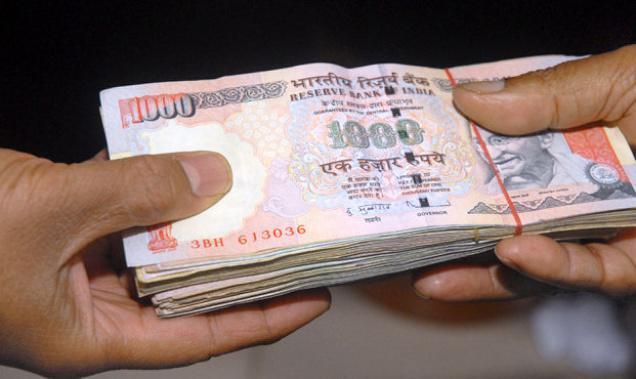Search
What is Call Money Market and Notice Money Market?
April 02, 2024

The call money market and notice money market are two important components of the Indian Money Market where funds are traded between several banks to meet their liquidity requirements.
However, these two markets offer loans for a short term (1 to 14 days) and are thus for urgent funding requirements.
When a loan is lent for a single day, it’s called “Call Money”. If it’s lent for as many as 15 days then it’s called “Notice Money”.
However, if it’s lent for more than 15 days, then it’s called “Term Money”. The markets are trading platforms where banks offer or borrow loans.
Banks take loans from the money markets for the following reasons:
- To meet the funding requirements during a period of high cash outflow.
- To tend to temporary funding discrepancies.
- To meet the mandatory funding requirements as set by the Reserve Bank of India. These include Statutory Liquidity Ratio (SLR) and Cash Reserve Ratio (CRR).
How Does a Call Money Market Work?
In a Call Money Market (CMM), loans are offered by the participants in the form of auctions and the borrowers place bids for the same. These bids are made on the interest rate. So, a bidder who is offering the highest interest rate on a particular loan gets the funds.
Dealing of the money in a CMM is done through a Negotiated Trading System (NDS) which is a regulated electronic trading platform.
What are Money Market Instruments?
Money market instruments are those instruments, which have a maturity period of less than one year. The below-mentioned instruments are normally termed as money market instruments:
- Certificate of Deposit (CD)
- Commercial Paper (CP)
- Inter Bank term Money
- Bill Rediscounting
- Call/ Notice/ Term Money
- Inter Bank Participation Certificates
- Treasury Bills
The following are some of the important points to learn about CMM:
The average interest rate offered in the CMM is called a call rate.
A call rate is an important factor in determining the liquidity status of the economy and is thus actively monitored by the RBI.
Since most of the participants in a CMM are banks, a call rate can tell the financial situation of the economy. For instance, if the call rate is high then it indicates liquidity stress and vice versa.
If you are keenly interested to learn more about banking topics. You should enroll in a banking and finance course from the Best Banking Course Institute. And to help you with this, we will suggest you take admission to TSCFM, which offers you a professional banking and finance course with placement. It is the best institute for a diploma in banking and finance.
Important Links:
- Professional Diploma in Banking and Financial Services: https://ask.careers/courses/professional-diploma-in-banking-management/
- 4-IN-1 Professional Diploma in Banking, Financial Services & Insurance (PDBFSI): https://ask.careers/courses/4-in-1-professional-diploma-in-banking-financial-services-insurance-pdbfsi/
- Mumbai: https://ask.careers/cities/mumbai/
- Ahmedabad: https://ask.careers/cities/ahmedabad/
- Vadodara: https://ask.careers/cities/vadodara/
- TSCFM: https://ask.careers/institutes/tscfm/



